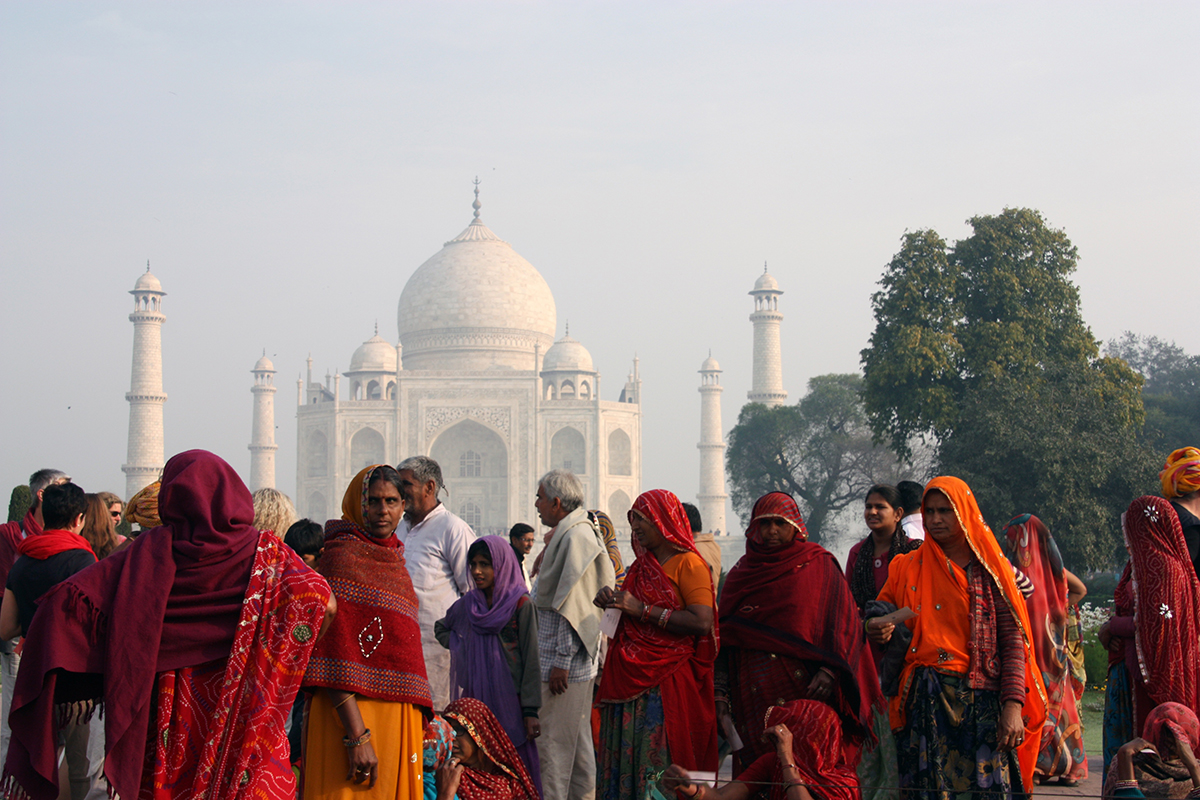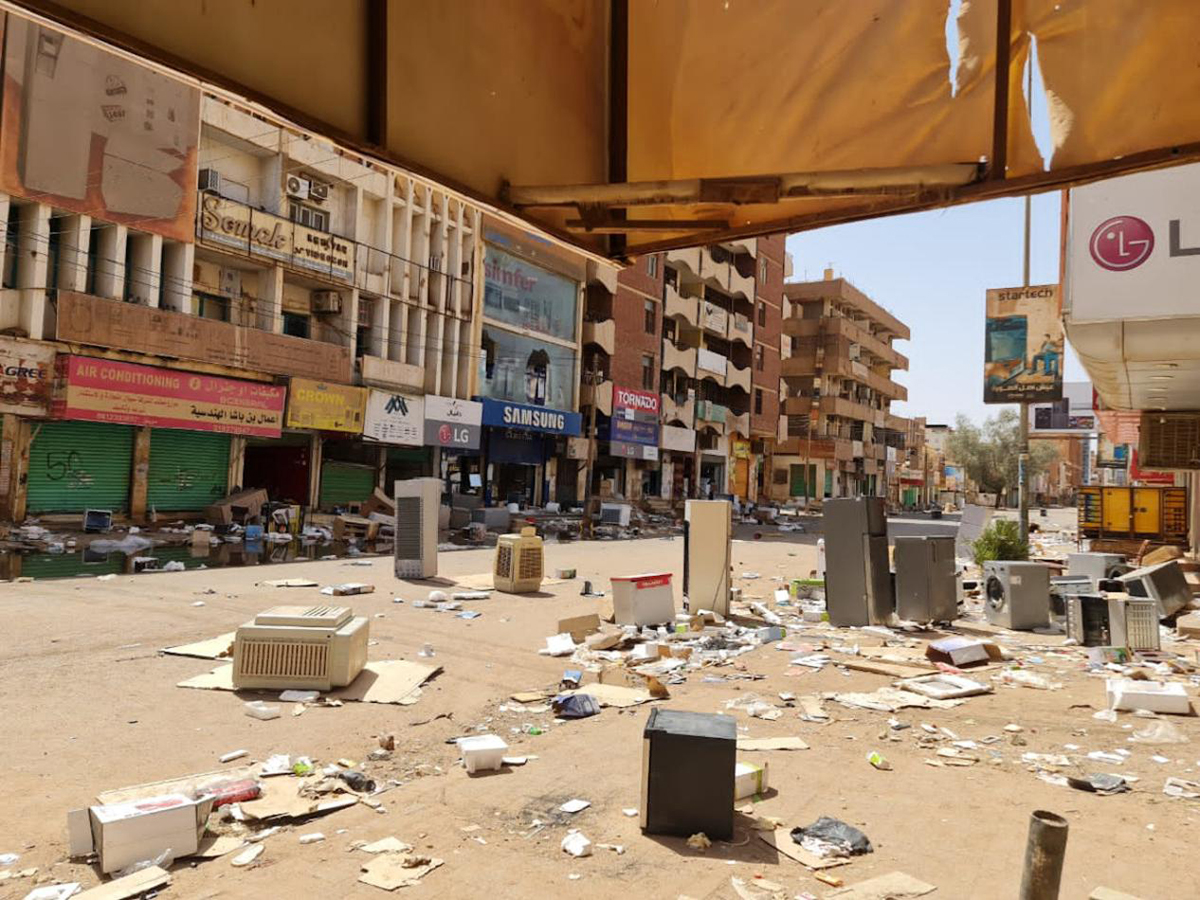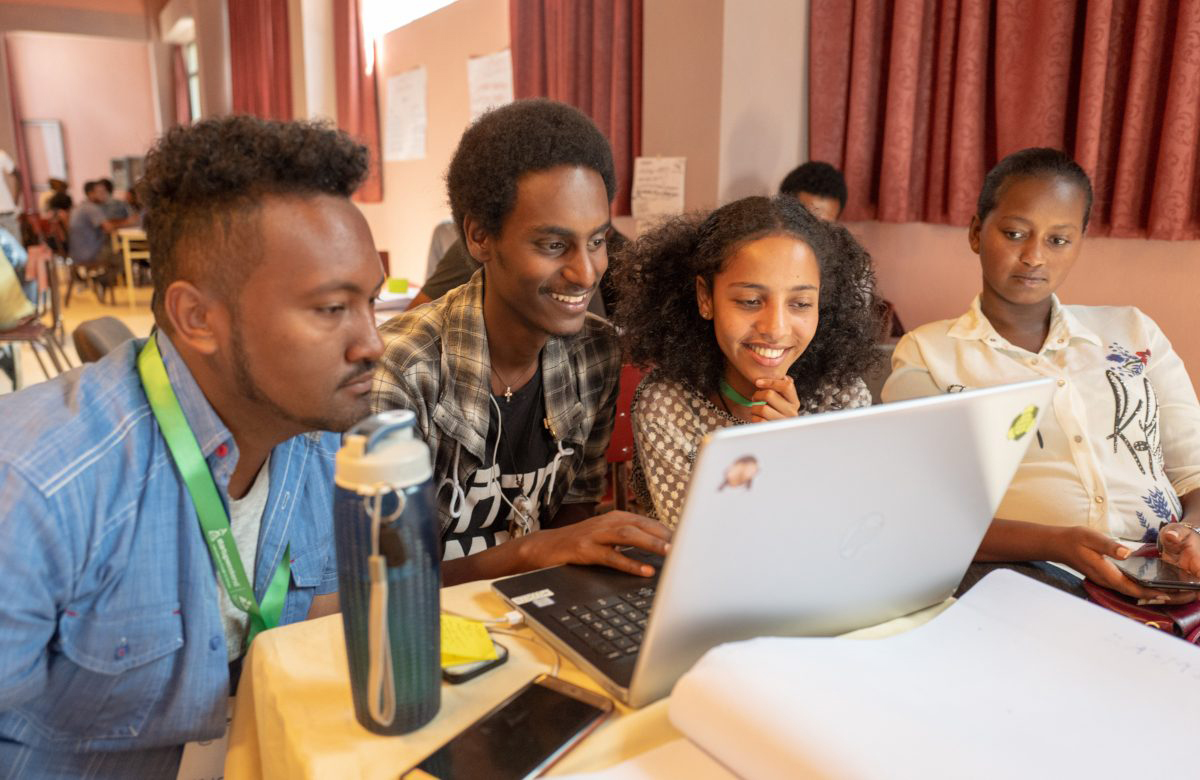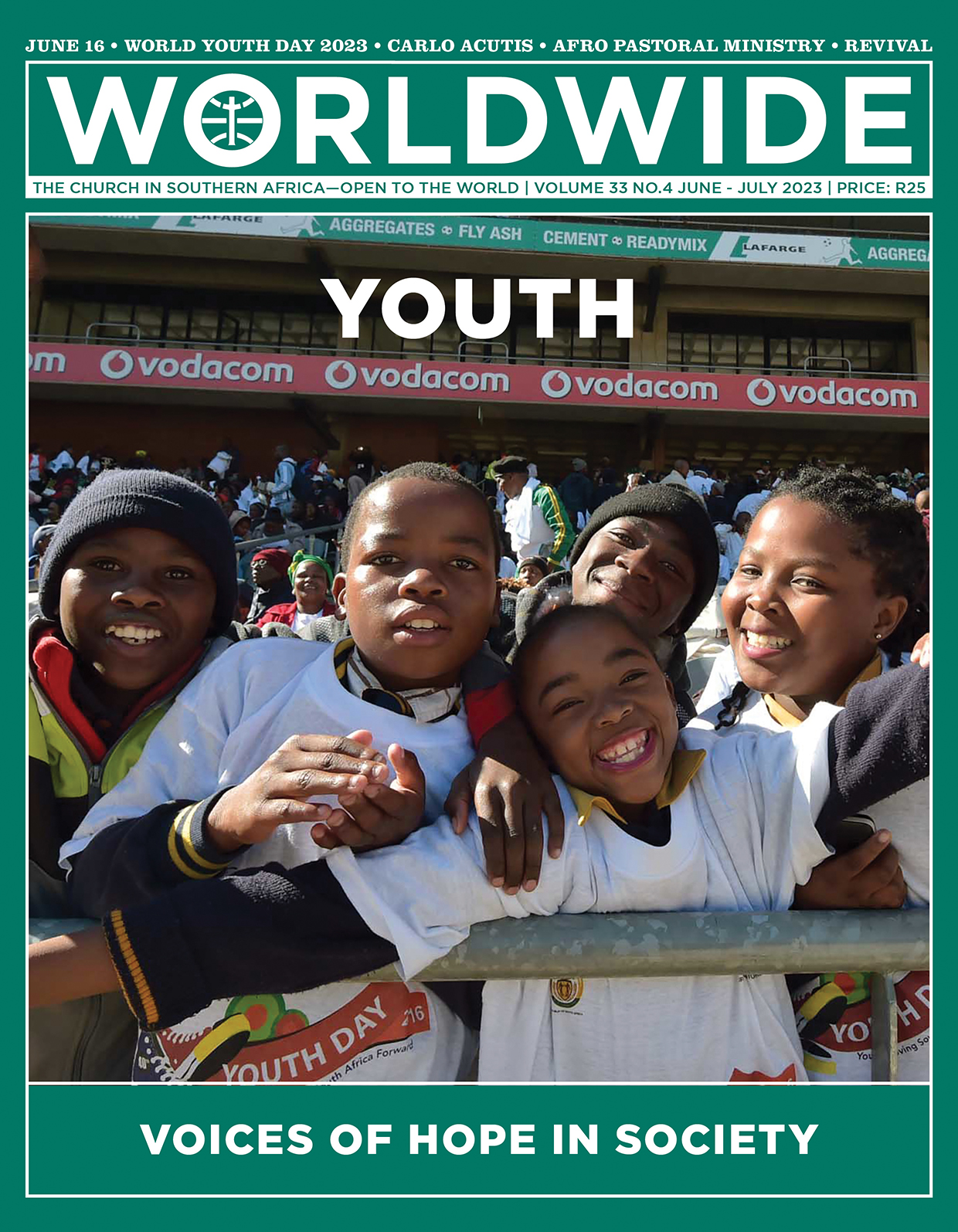
YOUTH: VOICES OF HOPE IN SOCIETY
The front cover image shows youngsters commemorating Youth Day at Orlando Stadium in Soweto, the same location where an uprising against the use of Afrikaans as a vehicular language of education took place in 1976.
Some might see June 16 only as a public holiday, nevertheless, gratitude goes to those who strived on behalf of the youth for an inclusive and better education. Many youths today still face great challenges and need strong support in order to receive an integral formation which prepares them for a bright future.
RADAR
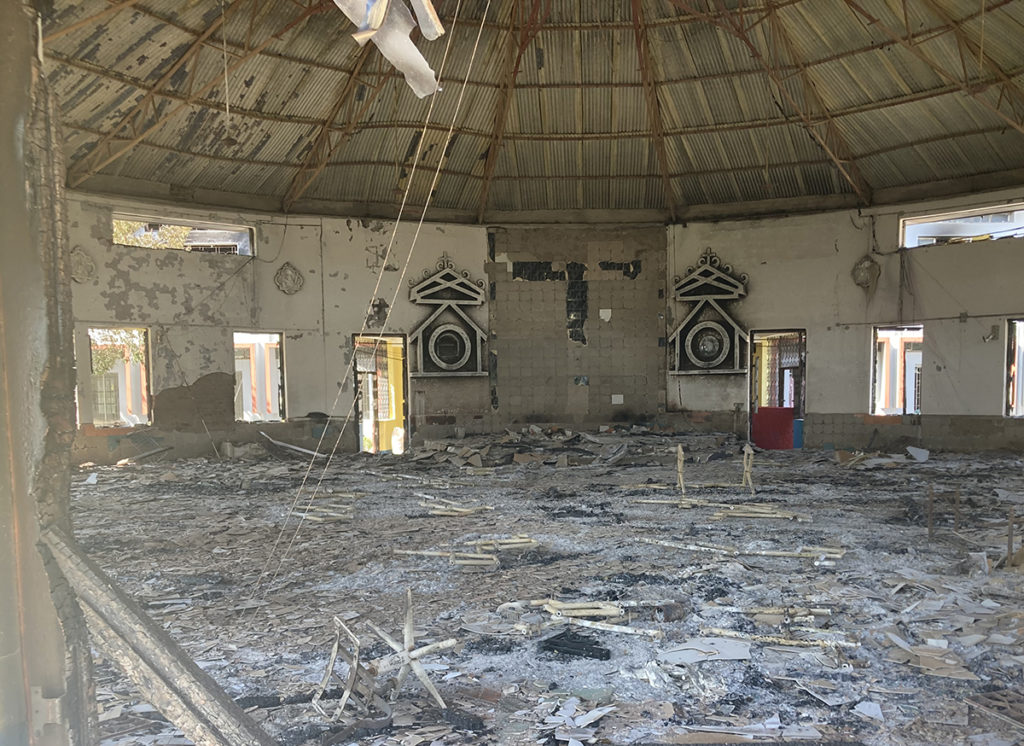
The Manipur Tragedy
BY Archbishop Emeritus Thomas MENAMPARAMPIL SDB | Guwahati, India
WITH 54 people killed and 13,000 rescued from conflict, the north-eastern Indian state of Manipur moves on to greater security after several days of intense anxiety. More than 10 000 armed forces were called to impose order, and the authorities claim that the violence-hit areas are now under “firm control”. However, uncertainty still prevails in different parts of Manipur.
What began as an inter-ethnic clash about land, economy and political power hastily developed an inter-religious dimension in the polarized atmosphere that the majoritarian Hindu regime at the national level has created.
The immediate cause of tension was the Hindu Meitei community’s demand to the Central Government for tribal status. Should it be approved, it would enable the Meitei—which comprises 53-60% of the state’s population —to enjoy, not only tribal privileges but to move into territories which are now reserved for the minority tribes. The latter would remain seriously disadvantaged, losing out greatly in competition. In addition, the Hindutva—Hindu radical groups—have demanded that the tribal status be taken away from Christian communities. Most tribal people in Manipur are Christians. A sense of fear has united them, though belonging to various tribes, into a single body.
Several Christian Kuki churches were destroyed or damaged, and religious personnel were harassed. The Meiteis attacked the Kuki-Chin tribes—also in trouble with the military government in Myanmar—who also responded in retaliation. Lives and property were lost and destroyed, churches and institutions attacked, and tribes have been forced to move away from areas of the Meitei majority community.
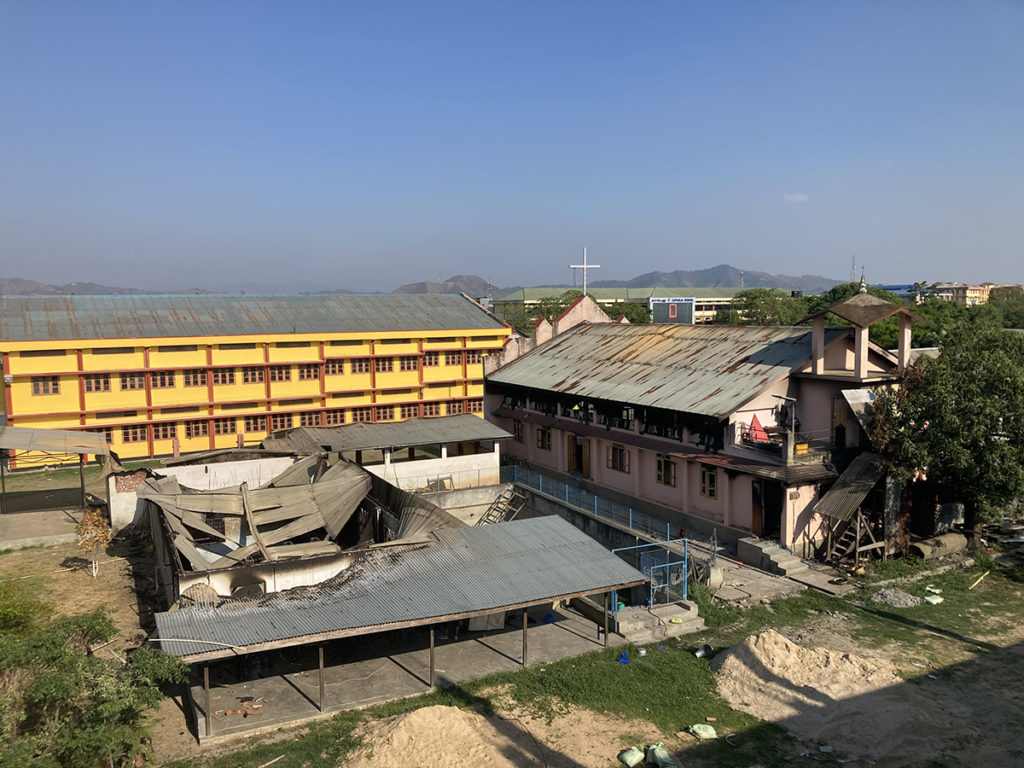
In a recent “Tribal Solidarity March” there was a confrontation with the Meitei. Clashes were followed by loss of lives and property. The Meitei activists seem to have the freedom to wield weapons to harass and humiliate minority groups, including Christians. Christian institutions currently operate under great anxiety.
Dialogue for immediate solutions and creative planning of the economy for shared well-being is the only valid path forward
With “shoot on sight” orders, calm has been restored for now, but long-term strategies need to be found for restoring confidence among tribal communities. The Kuki-Zo groups, in particular, feel anxious, since the areas they occupy have been declared ‘forest land’, though it has been theirs for generations.
The Hindu Meitei, the most populated community, also has reason to be anxious about their future. Confined to the Imphal Valley, they occupy only 10-12% of the state. Unless they move from agriculture to other types of occupations, their economy will not remain viable.
An inter-community collaboration is sorely needed in border states like Manipur rather than conflict and rivalry. Confidence-building measures should be adopted. No community must be made to feel cheated or bypassed. Existing privileges should not be taken away from weaker communities and a common effort towards general collaboration is vital so that the majority community continues to prosper as in past times. Dialogue—which Church officials have initiated—for immediate solutions and creative planning of the economy for shared well-being is the only valid path forward.

